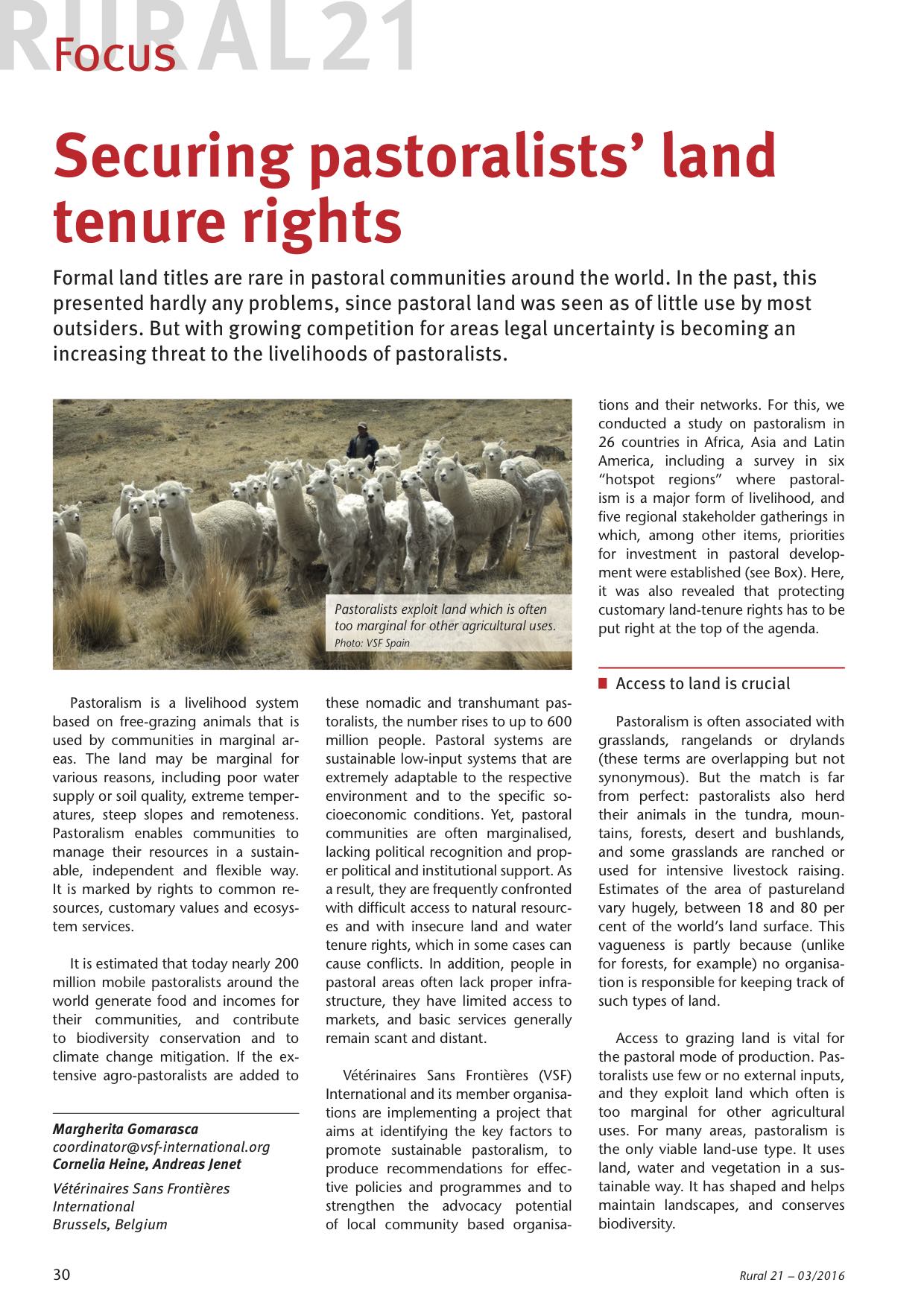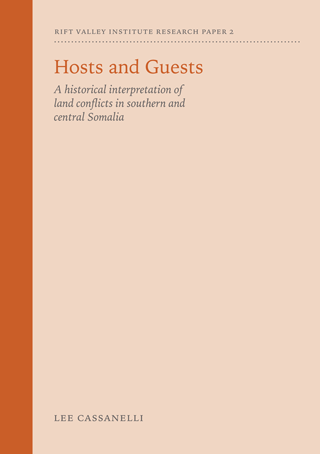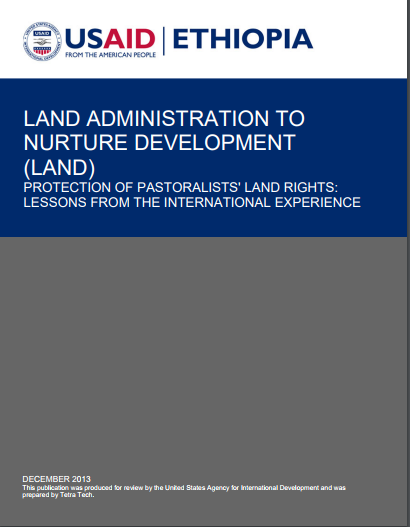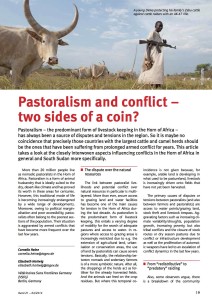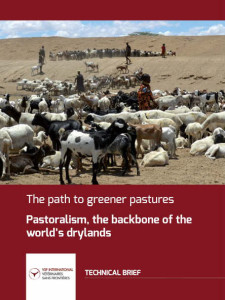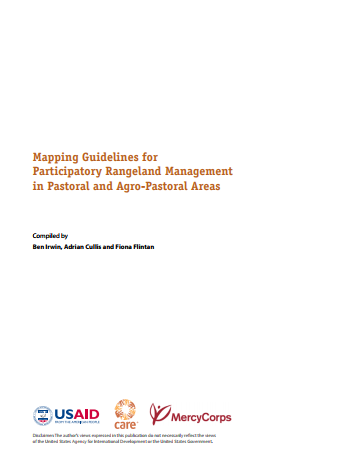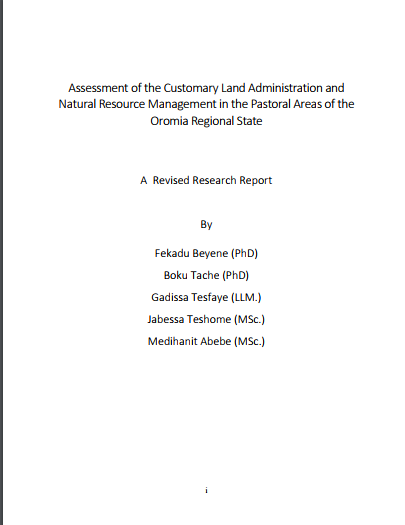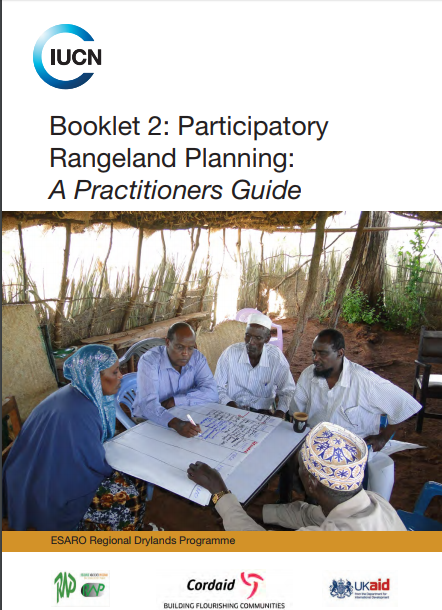PAPER N°5: The Rural Code and the Pastoralist Issue
Niger is a pastoral country. However, despite its crucial economic, social and cultural impact, pastoralism remains a very uncertain activity, and Niger’s successive governments didn’t invest much in it (1% of the national budget in 2009, versus 35% for farming activities). Though from 1993 the Rural Code has produced a number of rules and regulations in order to protect and revitalize pastoralism, it was also often accused of favoring crop farmers over livestock producers. Is that true ?


